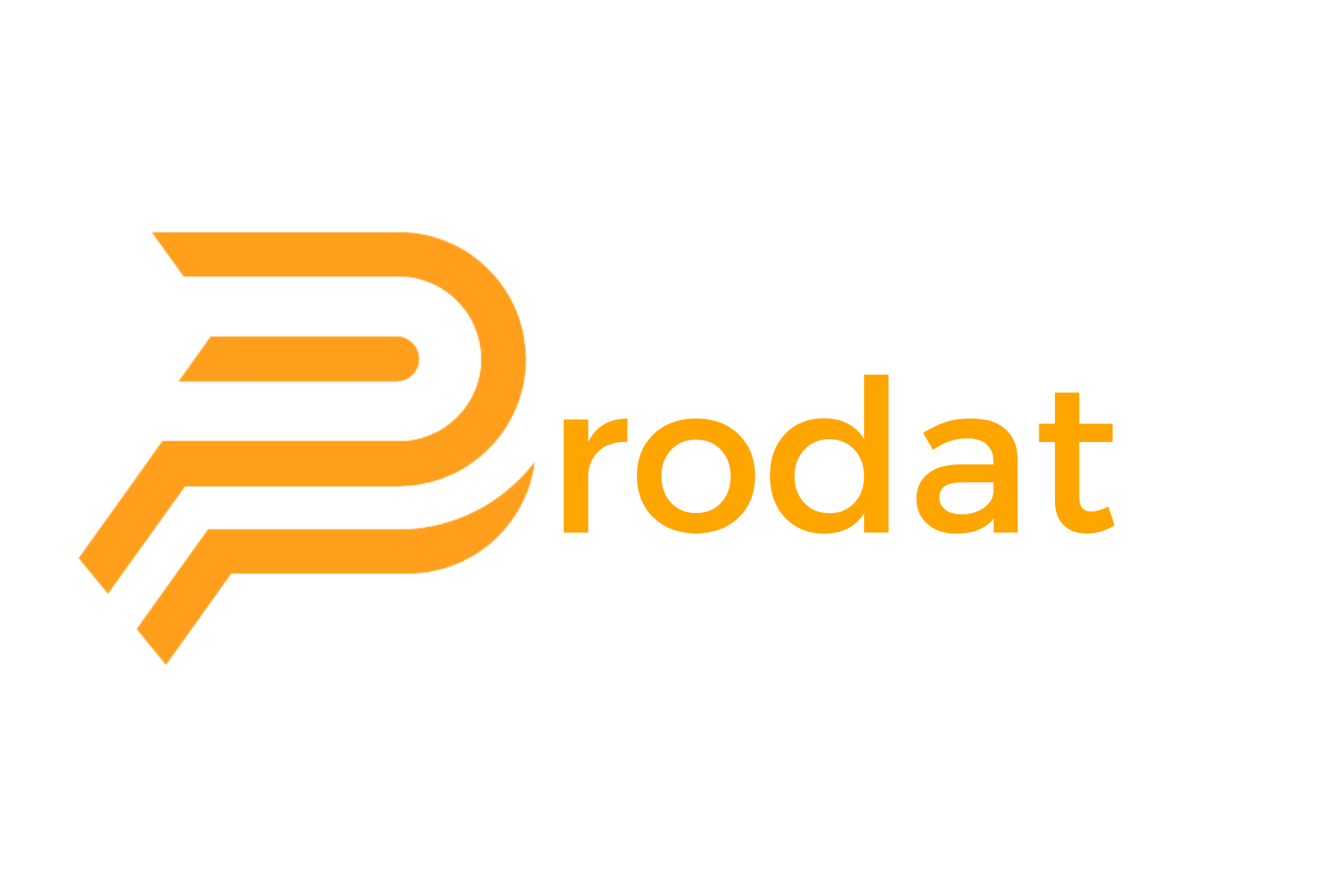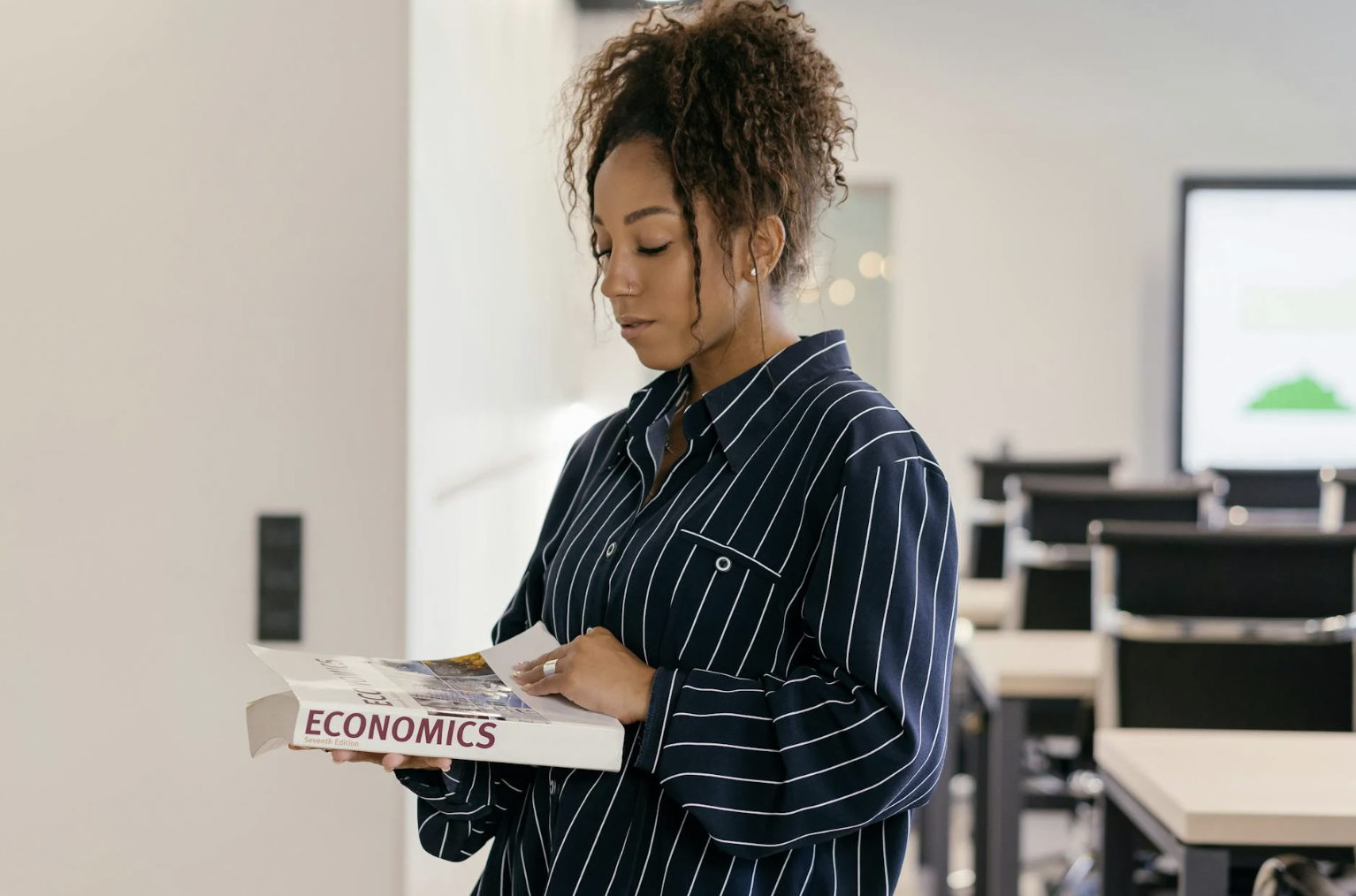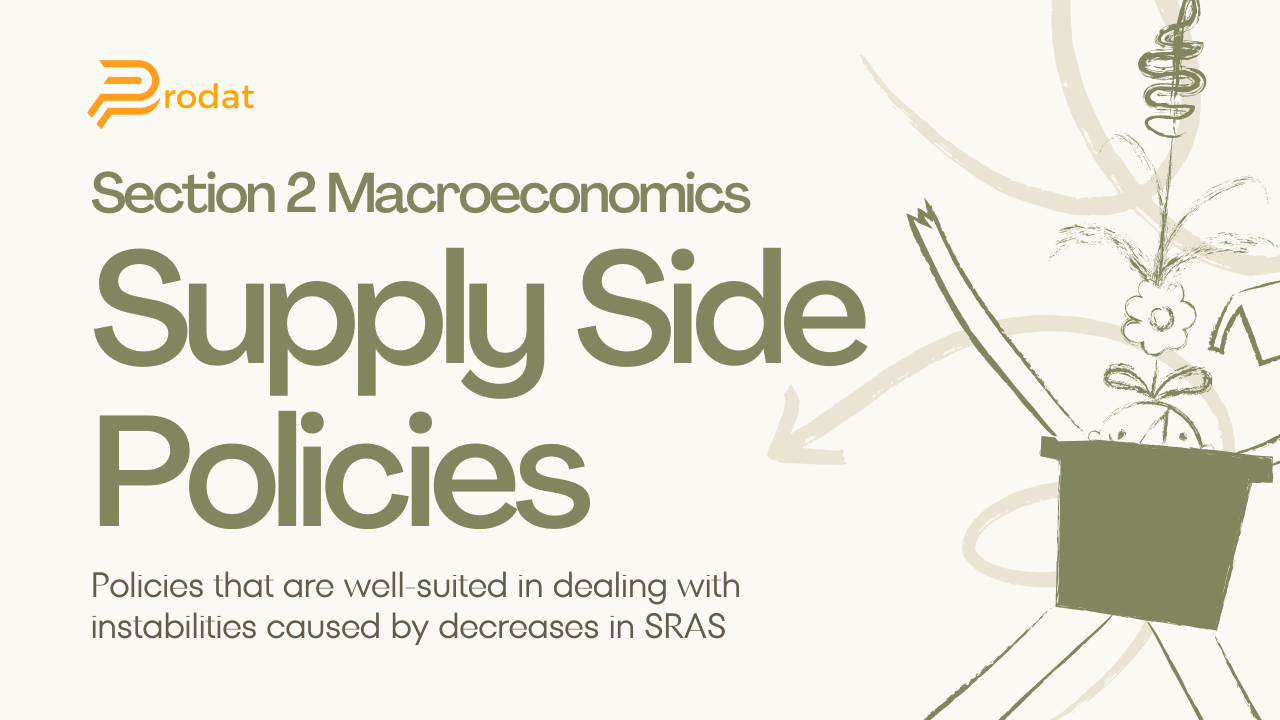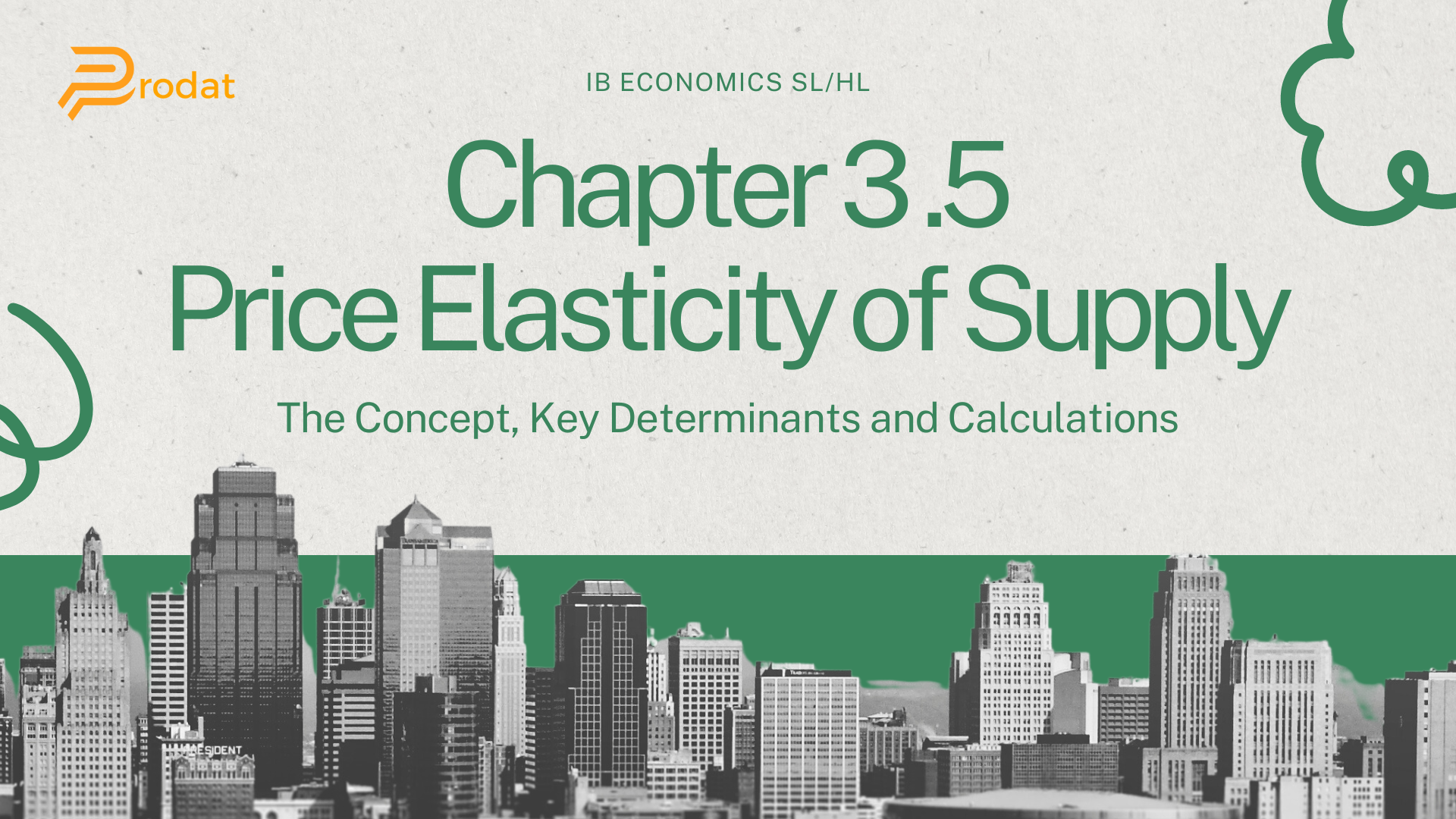Table of Contents
- Definitions: factors of production.
- Define entrepreneurship.
- Define free goods.
- Define economic systems.
- Define free market economy.
- Define centrally planned economy.
- Define potential output.
- Define exports.
- Define consumer expenditure.
- Define social science.
- Define services.
- Define labour.
- Define scarcity.
- Define actual growth.
- Define circular flow of income model.
- Define capital goods.
- Define consumer goods.
- Define economic growth.
- Define taxes.
- Define land.
- Define needs.
- Define opportunity cost.
- Define merit goods.
- Define models.
- Define production possibility curve.
- Define efficiency.
- Define actual output.
- Define potential growth.
- Define leakages.
- Define economics.
- Define goods.
- Define resources.
- Define capital.
- Define wants.
- Define injection.
- Define imports.
- Define savings.
- Define investment.
- Define government expenditure.
- Define microeconomics.
- Define economic goods.
- Define demerit goods.
- Define macroeconomics.
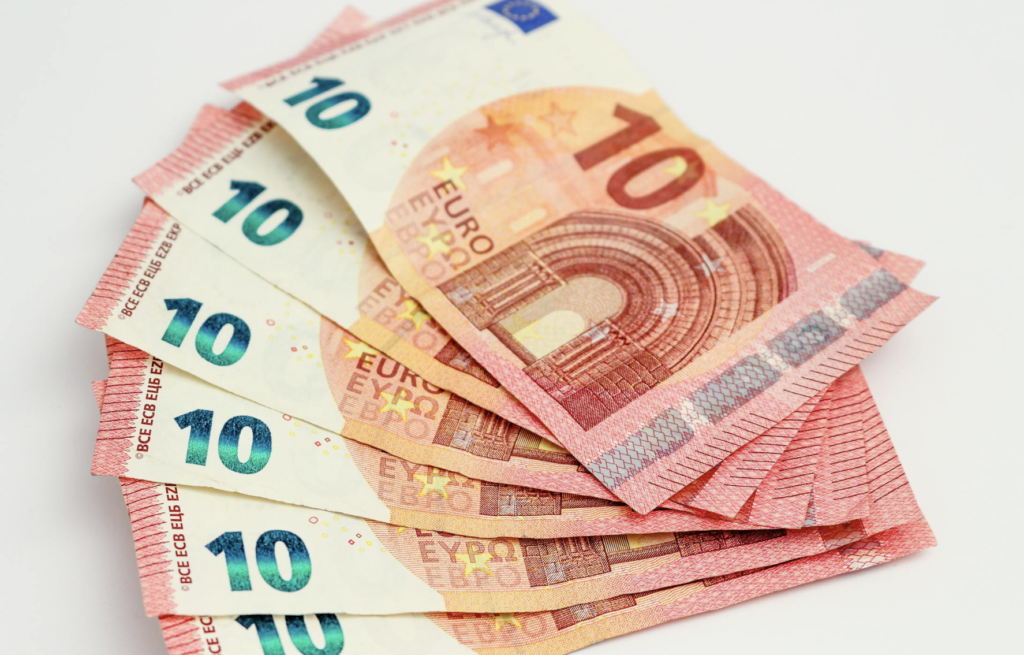
Here are the essential definitions you should know for the first topic of Econ in IB.
Definitions: factors of production.
All resources used to produce goods and services. In economics they are grouped into four categories: land, labour, capital and entrepreneurship.
Define entrepreneurship.
Ability to develop new business by organising the other 3 FOP to produce goods and services, take risk of success/failure of the business, as profit not guaranteed and investment may be lost.
Define free goods.
Goods that are not produced with scarce resources, do not have an opportunity cost, and therefore do not have a price; for example, air, sunlight and rainwater.
Define economic systems.
Ways in which societies answer the three basic economic questions of what to produce, how to produce and for whom to produce, to allocate their scarce resources, goods and services. They are also called rationing systems.
Define free market economy.
A rationing system where all economic decisions are taken by consumers and producers through the price mechanism without government intervention, and resources are privately owned by people and firms.
Define centrally planned economy.
A rationing system where all economic decisions are taken at the centre by the government. There is no private property; all resources are owned by the state. Also called ‘command economy’.
Define potential output.
The total amount of goods and services that an economy can produce when all of its available resources are being used efficiently.
Define exports.
Goods and services that are produced by domestic firms and sold to foreign countries. They represent an inflow of foreign currency into the country.
Define consumer expenditure.
The total value of household spending on goods and services.
Define social science.
Studies people and how they interact with each other. Social sciences study our institutions, our organisations and our relationship with both the society we inhabit and our natural environment.
Define services.
Intangible such as haircuts, gardening services or motorcycle repairs.
Define labour.
Physical and mental human effort that contribute to the production process.
Define scarcity.
When the available resources or factors of production are finite, while human wants and needs are infinite. There are not enough resources to produce everything that is necessary to satisfy human beings’ needs and wants.
Define actual growth.
When an economy produces a greater amount of goods and services in one period of time than in a previous one.
Define circular flow of income model.
A model that illustrates the interactions between economic agents in an economy. It shows how factors of production, goods and income flow between households, firms, government, the financial sector and the foreign sector.
Define capital goods.
The tools and machinery necessary for the production of other goods. They are what we call the ’capital’ factor of production.
Define consumer goods.
Finished products that are ready for satisfying people’s wants, not used in any further production process.
Define economic growth.
When a country produces more goods and services in one period than in a previous one. It is usually measured by changes in the real GDP.
Define taxes.
Payments that have to be made to the government which it then uses to provide public and merit goods to society.
Define land.
Natural resources used in production process.
Define needs.
Things that people must have for survival such as food, shelter and clothing.
Define opportunity cost.
Opportunity cost refers to the second best alternative. The opportunity cost of the government paying a subsidy to a profit-making firm is all the other uses for that money, such as health care or education.
Define merit goods.
Goods that are beneficial to the individual and society as a whole, and are usually under-provided in a free market.
Define models.
simplified representation of reality with the intention of analysing, describing or predicting the relationships and behaviours of specific variables in a real-world situation.
Define production possibility curve.
The curve that shows the maximum combination of goods a country can produce in a specific period of time, using all of its resources and the available technology in the most efficient way. It is also called the production possibility frontier.
Define efficiency.
Efficiency refers to improved resource use. It is where a firm can produce the same good, but with fewer resources.
Define actual output.
The total amount of goods and services that an economy is producing at a certain moment in time.
Define potential growth.
When the production capacity of an economy increases from one period to another. It means that the maximum amount of output that an economy can produce when all of its resources are being used efficiently increases.
Define leakages.
The flows of money that leave the economy: savings, taxation and imports.
Define economics.
A social science that studies how human beings use their limited resources to satisfy their infinite needs and wants and how they improve their economic well-being. People cannot have everything they desire, and that is where economics comes in.
Define goods.
Physical objects (tangible things) like cars, bread or mobile phones.
Define resources.
All the inputs used to produce goods and services. They include machines, workers, factories, materials that come from the land and the space needed for manufacturing or offices. They are also called factors of production.
Define capital.
Manufactured resources or physical capital stock used to produce other goods and services.
Define wants.
Goods and services that people would like to have but are not necessary for survival, such as TVs, computers and cars.
Define injection.
The flows of money that come into the circular flow of income from outside: investment, government spending and exports.
Define imports.
Goods and services produced by foreign countries and consumed by domestic households. They represent an outflow of domestic currency from the country.
Define savings.
Income that is set aside or reserved for future use.
Define investment.
Investment is the expenditure by firms on capital stock, such as building factories and purchasing machinery. It is the planned investment for expansion.
Define government expenditure.
Government expenditure (or government spending) is where the government builds infrastructure or directly purchases goods and services. It is an injection into the economy.
Define microeconomics.
Studies the behaviour of individual economic agents, such as households, firms, industries and the government, and how they make economic decisions.
Define economic goods.
Goods that are produced with scarce resources, and therefore have an opportunity cost and a price; for example, a computer or apples.
Define demerit goods.
Goods that have negative effects when consumed and cause negative externalities of consumption.
Define macroeconomics.
Studies the economy as a whole, focusing on the ‘aggregates’ of the economy and on countries’ fundamental economic goals. Instead of individual economic agents, it deals with the production of all goods and services in an economy at a certain moment in time, and the total expenditure on goods and services demanded by different groups of consumers.
Read more IB revision guides here!
